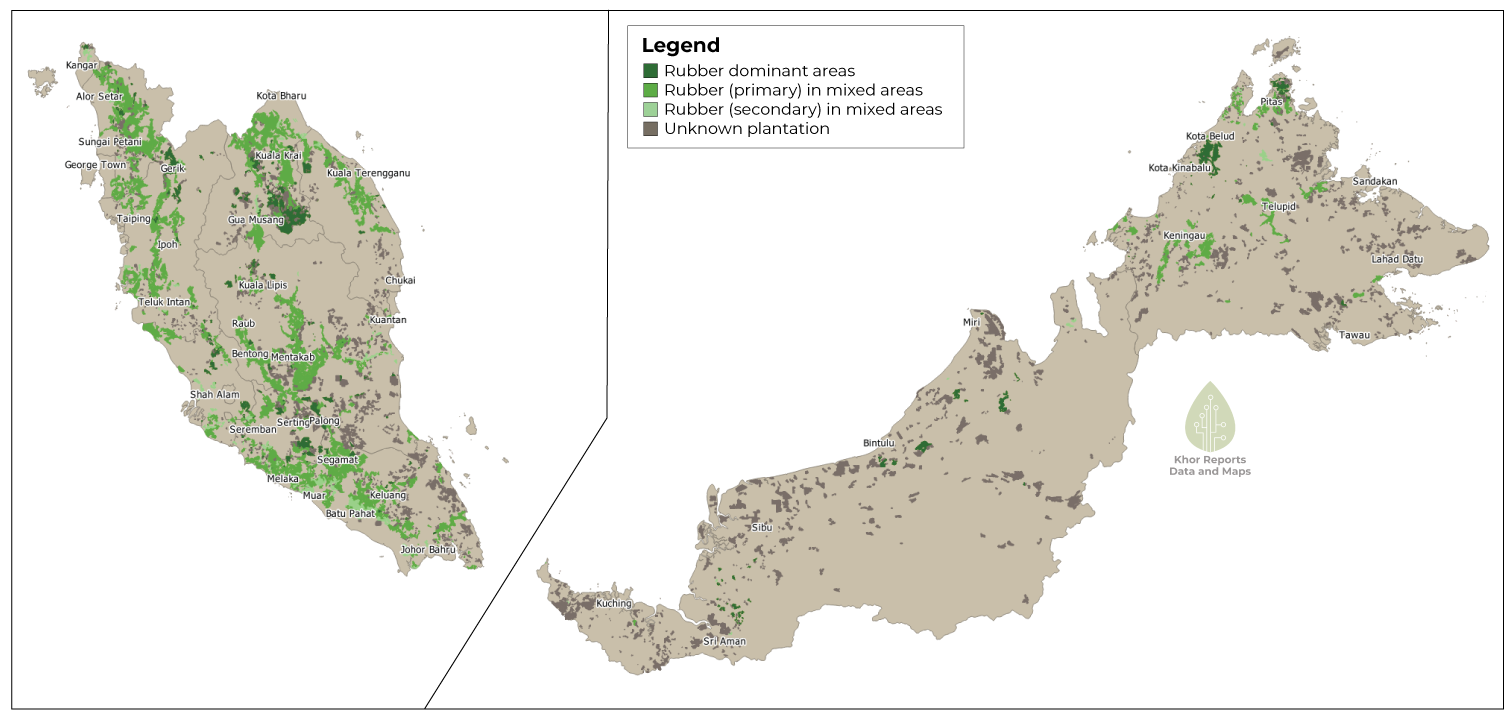Iceland has announced a reversal of the supermarket chain’s removal of palm oil product (since 2018) amidst a shortage of sunflower oil. Citing it as an “unintended consequence of the [Russia-Ukraine] war,” CEO Richard Walker states that the move is only “a last resort and as a strictly temporary measure” and that only certified sustainable palm oil will be sold. In 2018, Iceland became the first major UK-based supermarket to pledge to remove all palm oil from its own-brand food and ran a Christmas advert in collaboration with Greenpeace featuring a cartoon orangutan fleeing from its rainforest habitat which was being destroyed by palm oil growers. The ad was later pulled for breaching political advertisement and communication rules.
Iceland’s U-turn comes amidst calls for urgent action by farmers in anticipation of rising food prices and shortages. In its letter to the government, the National Farmers’ Union warns that the country’s food security is at risk due to multiple reasons arising from the war in Ukraine, including labour costs. Ukraine accounts for 45% of the rapeseed and more than 25% of the maize imported into the UK, while 80% of its sunflower oil imports originate from the Black Sea region.
In its article A World That’s More Expensive Is Starting to Destroy Demand, Bloomberg writes: “Much like gasoline, demand for groceries in the developed world tends not to change much with price. Shoppers may change what they buy—ditching pricier items for cheaper substitutes—but they still have to buy. Yet restaurants find rising prices an obstacle as they try to rekindle business post-Covid. Gus Kassimis, owner of New York City-based Gemini Diner, customers are ordering fewer steaks and seafood, so he’s decreased his purchases from suppliers by about 10%. Gemini boosted menu prices once and is poised to do it again. ‘People are more cautious on what they spend,’ Kassimis said. ‘I don’t know how much more consumers are willing to take.’”
Intentions to shift source to responsible/sustainable/certified/renewables in many sectors may now be taking a back seat. We have been checking if Iceland is a member of the Roundtable on Sustainable Palm Oil (RSPO), and it is not currently so. Some think it used to be a member and left when it decided to stop using palm oil.
Notably, Iceland's affordable frozen foods might do well in under tougher economic circumstances, as it is a major supplier of "cheaper substitute" prepared/processed foods—refer to screenshot above of its homepage, which features GBP1/USD1.32 per unit frozen items and savings. Iceland brand frozen potato products cost about GBP0.8–1.4 per kg while its pizza and chicken products are about GBP3–6 per kg, priced below the likes of Young’s and Birds Eye.
research@segi-enam.com | 29 Mar 2022
For online view only. Please do not redistribute without our express permission. We offer subscription services for those who wish to do so.
Corporate Subscription (upcoming) offers more granular info-data details on product, trade and vessels mentioned in our reports.
10 a.m., 30 Mar 2021
Editor’s note: See also the rather scathing article on The Star by M.R. Chandran on what he dubbed the ‘Saga of Iceland Foods’, where he wrote:
Why does it always take war and the Russians to bring the West to its senses? United Kingdom food manufacturers have been warned that supplies of sunflower oil would run out in weeks as crops are trapped in Ukraine and Russia, who between them produce 70% of this stuff…
Things are becoming clear now to billions of people in the Third World that the powerful and rich are up to their necks with hypocrisy and choking on it. Imagine, war and armaments and hate and hypocrisy are not banned but a crop like oil palm can be?
Khor Reports’ PalmTrack is an independent research service that tracks palm tanker movements and reports trade of palm products (and shipments, upon request) for selected trade routes. It features a forward-looking market topic and sharp analysis every quarter, e.g. palm biofuels issues & opportunities for Jan–Mar 2022. Subscribe now!














